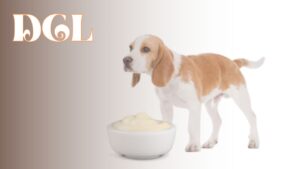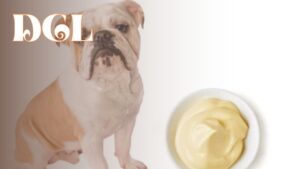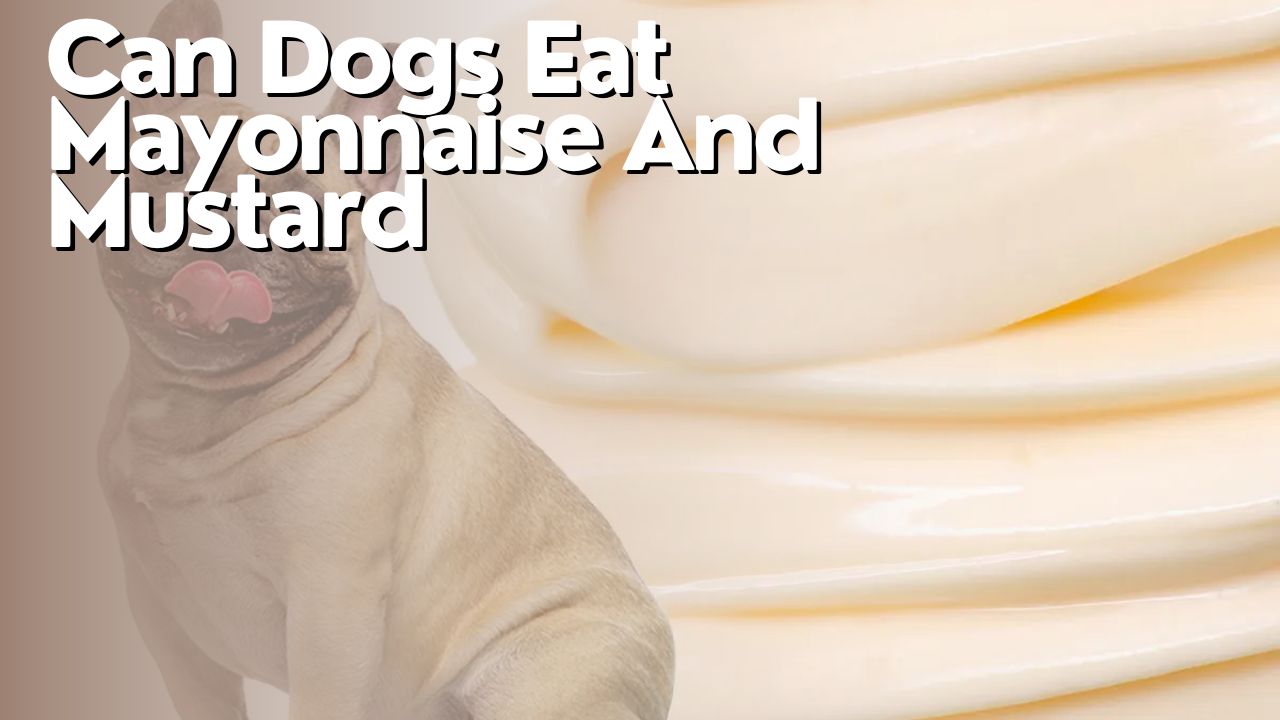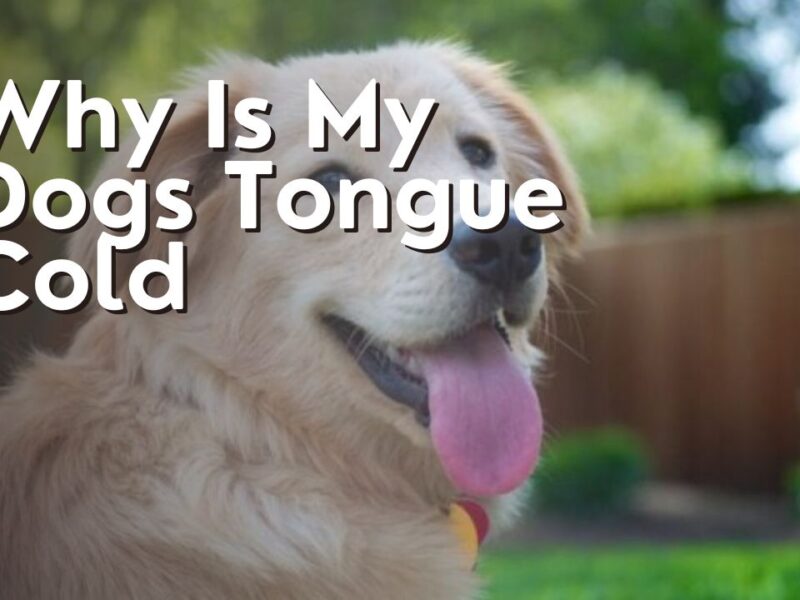Can dogs eat mayonnaise and mustard?
Now, before we go any further, it’s important to remember that not all human foods are suitable for dogs. While we may love slathering mayo on our sandwiches or adding mustard to our hot dogs, it’s essential to understand how these condiments can potentially impact our canine friends’ health.
In this article, we’ll explore the potential risks and benefits of feeding these condiments to our canine companions, as well as some safe alternatives to consider.
So, grab a cup of coffee, sit back, and let’s explore the world of mayonnaise and mustard for dogs together. But remember, when in doubt, always consult with a veterinarian for professional advice.
Potential Risks of Feeding Dogs Mayonnaise and Mustard
Feeding your dog mayonnaise and mustard can be risky. They may cause digestive upset and potentially harm your furry friend. Mayonnaise is generally safe for dogs in small amounts. However, it is high in fat and calories, which can lead to obesity and other health issues if consumed in excess. Mayonnaise often contains ingredients like onion and garlic, which can be toxic to dogs and cause damage to their red blood cells.
On the other hand, mustard should be avoided altogether. Mustard contains various spices and seasonings that can be harmful to dogs, such as onion powder and garlic powder. These ingredients can cause digestive problems, allergic reactions, and even damage to the red blood cells.
Furthermore, both mayonnaise and mustard are typically high in salt content, which can be harmful to dogs. Excessive salt intake can lead to dehydration, electrolyte imbalances, and even sodium poisoning in severe cases.
It is important to remember that dogs have different nutritional needs than humans. Certain foods that are safe for us may not be safe for them. It is always best to consult with your veterinarian before introducing any new foods into your dog’s diet. They can provide guidance on what is safe and suitable for your furry friend, ensuring their overall health and well-being.

Benefits of Feeding Dogs Mayonnaise and Mustard in Moderation
Indulging in a little mayo and mustard can offer your furry friend an array of benefits when consumed in moderation. While it’s important to remember that dogs have different dietary needs than humans, small amounts of mayo and mustard can be a tasty and healthy addition to their meals.
Mayonnaise, when given in small amounts, can provide dogs with a good source of healthy fats. These fats are essential for maintaining a shiny coat and promoting overall skin health. Additionally, mayo can help enhance the flavor of your dog’s food, making it more appetizing for picky eaters.
Similarly, mustard can also have some positive effects on your dog’s health. Mustard contains turmeric, which has anti-inflammatory properties that can help reduce joint pain and inflammation in dogs with arthritis. It can also aid in digestion and promote a healthy gut.
However, it’s important to note that moderation is key. Too much mayo or mustard can lead to weight gain, digestive issues, or even pancreatitis in dogs. It’s always best to consult with your veterinarian before introducing any new foods into your dog’s diet.
So, go ahead and treat your furry friend to a little bit of mayo or mustard every now and then, but remember to keep it in moderation to ensure their overall health and well-being.
Safe Alternatives to Mayonnaise and Mustard for Dogs
@ Midjourney AI Image Prompt: /imagine prompt:Create an image showcasing a dog-friendly sandwich with colorful, vibrant vegetables, sliced turkey, and a dollop of safe dog-friendly sauce. The sauce should be made from pet-friendly ingredients like yogurt or pureed sweet potatoes. –v 5.2 –ar 16:9
If you’re looking for a tasty and healthy alternative to mayo and mustard that your furry friend will love, there are some safe options available.
One safe alternative is plain yogurt, which is a good source of protein and calcium. It can be mixed with your dog’s food or used as a topping.
Another option is unsalted peanut butter, which is a great source of healthy fats and protein. Just make sure to choose a brand that doesn’t contain xylitol, as this sweetener is toxic to dogs.
Additionally, you can try using pureed fruits and vegetables, such as apples, carrots, or sweet potatoes. These provide vitamins and fiber while adding a hint of sweetness to your dog’s meal.
Remember to introduce any new foods gradually and in moderation, and always consult your veterinarian before making any significant changes to your dog’s diet.
Considerations for Feeding Dogs Condiments
When it comes to feeding dogs condiments, it’s important to consider two key points: portion control and moderation, as well as the individual dog’s health and dietary needs.
As a responsible dog owner, I make sure to only give my dog small amounts of condiments, if any at all, to avoid overloading their system.
Additionally, I take into account my dog’s specific health conditions and dietary restrictions to ensure that any condiments I offer are safe and beneficial for them.

Portion Control and Moderation
Remember, it’s important to keep an eye on how much mayo and mustard you give your furry friend to avoid overindulging. Just like with any food, moderation is key. While a small amount of mayo or mustard may not harm your dog, too much can lead to digestive issues or even pancreatitis. To help you visualize the appropriate portion sizes, here’s a table that shows the recommended serving sizes for dogs based on their weight:
| Dog Weight (lbs) | Mayo (teaspoons) | Mustard (teaspoons) |
|---|---|---|
| 10 | 1/4 | 1/4 |
| 20 | 1/2 | 1/2 |
| 30 | 3/4 | 3/4 |
| 40+ | 1 | 1 |
By sticking to these portion sizes, you can ensure that your dog enjoys the occasional treat without any negative health effects.
Individual Dog’s Health and Dietary Needs
To ensure your furry friend stays healthy and happy, it’s crucial to understand their individual dietary needs and overall health. When it comes to condiments like mayonnaise and mustard, it’s important to consider your dog’s specific health requirements.
While some dogs may tolerate small amounts of these condiments without any issues, others may have adverse reactions. Mayonnaise, for example, can be high in fat and calories, which can lead to weight gain and digestive problems in dogs. Mustard, on the other hand, contains ingredients like vinegar and spices that may not sit well with some dogs’ stomachs.
It’s best to consult with your veterinarian before introducing any new condiments to your dog’s diet to ensure they are safe and suitable for their individual needs. Remember, moderation is key when it comes to sharing human food with your furry friend.
Consultation with a Veterinarian
If your pup is in need of some dietary advice, it is important to consult with a veterinarian. Veterinarians are experts in animal health and nutrition, and they can provide you with personalized advice for your dog’s specific needs. Here are three reasons why consulting with a veterinarian is important when it comes to your dog’s diet:
- Personalized advice: Every dog is unique, and their dietary needs can vary based on factors such as age, breed, weight, and overall health. A veterinarian will consider all of these factors and provide personalized advice on what foods are safe and suitable for your dog.
- Potential health risks: While mayonnaise and mustard may not be toxic to dogs in small amounts, they are high in fat and can lead to gastrointestinal upset, pancreatitis, or obesity if consumed in excess. A veterinarian can evaluate your dog’s health and determine if these condiments can be included in their diet without any adverse effects.
- Alternative options: If your dog has certain dietary restrictions or allergies, a veterinarian can suggest alternative options that are safe and nutritious. They may recommend specific dog-friendly condiments or homemade recipes that can satisfy your dog’s taste buds without compromising their health.
Remember, it’s always better to be safe than sorry when it comes to your dog’s diet. Consulting with a veterinarian ensures that you are making informed decisions and providing the best care for your furry friend.
Frequently Asked Questions
Can dogs eat mayonnaise and mustard in large quantities?
In large quantities, mayonnaise and mustard are not recommended for dogs. They can be high in fat, salt, and other ingredients that may upset their stomach or lead to health issues.
Are there any specific ingredients in mayonnaise and mustard that are toxic to dogs?
There are no specific ingredients in mayonnaise and mustard that are toxic to dogs. However, these condiments are high in fat and sodium, so it’s best to keep their consumption in moderation.
Can dogs develop allergies to mayonnaise and mustard?
Dogs can develop allergies to various foods, including mayonnaise and mustard. It’s important to monitor their reaction after consuming these condiments and consult a veterinarian if any allergic symptoms occur.
Are there any potential digestive issues that can arise from feeding dogs mayonnaise and mustard?
Yes, there can be potential digestive issues that arise from feeding dogs mayonnaise and mustard. These condiments contain ingredients like onions and garlic, which can be harmful to dogs and cause digestive upset.
Can mayonnaise and mustard contribute to weight gain or obesity in dogs?
Mayonnaise and mustard can contribute to weight gain and obesity in dogs due to their high fat and calorie content. It is best to avoid feeding these condiments to dogs to maintain their overall health.
Conclusion
In conclusion, while dogs can technically eat mayonnaise and mustard, it is important to do so in moderation and with caution. These condiments can pose potential risks to their health, such as digestive upset and allergies.
It is always best to consult with a veterinarian before introducing any new foods into your dog’s diet. There are also safe alternatives available that can provide similar flavors without the potential risks.
Ultimately, the well-being of your furry friend should always be the top priority when considering their diet.


